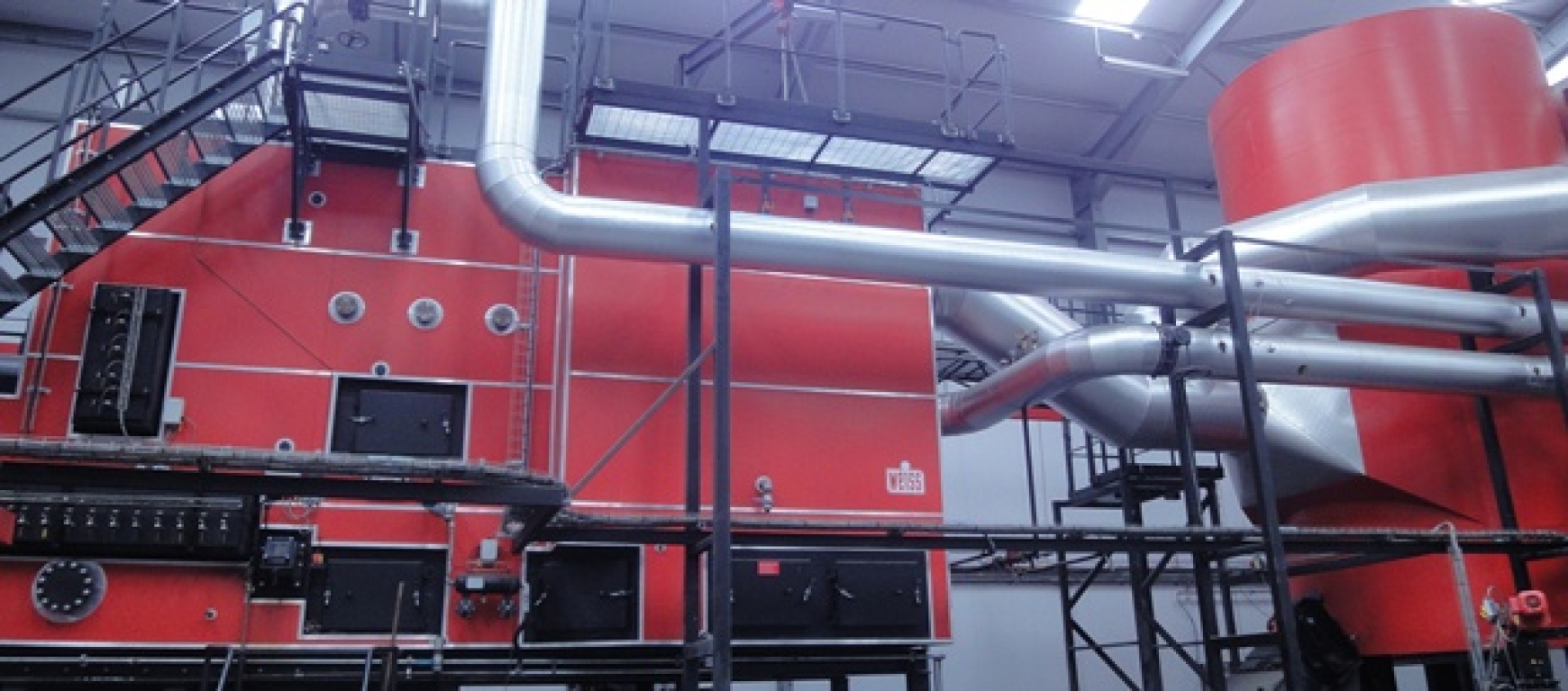Hot on the heels of the Government response to the Renewable Heat Incentives (RHI) consultation on drying of materials and the release of the long-awaited draft legislation for the reformed and refocussed scheme, comes a report from the National Audit Office (NAO) on the success and operation of the RHI to date. The report concludes that in general Great Britain’s RHI is working at an acceptable level, but not necessarily delivering enough decarbonisation of the heat used to be good value for money, nor meeting original expectations of the scheme.
The key findings are:
- The take up of the scheme has been much lower than originally anticipated. This is interesting because the report assesses uptake using numbers of installations. 513,000 new installations were planned to be included as part of the scheme and at time of the report 78,000 had been completed. However, this finding appears to take little regard to the size of those installations and we have seen in the biomass sector that key targets have been met, leading to degression triggers over the last 5 years.
- Department for Business, Energy and Industrial Strategy (BEIS) has reduced its ambitions for the RHI and re-evaluated its role to encompass smaller homes and businesses off the gas grid. This is not unexpected as the cost of gas against the cost of installing and running a renewable heating system is still not a compelling case. Interestingly, however, the latest changes, especially for biomass are driving the industry to install bigger systems rather than smaller.
- Ofgem estimate non-compliance has cost the scheme up to 5% of spend, albeit this estimate is considered by the NAO to be ‘weak’. This estimate is based on audits conducted and their findings, in our experience non-compliances, are treated very seriously by Ofgem and their auditors are ever more rigorous including carrying out more unannounced visits
- Ofgem should be more collaborative with other public bodies, such as the Environment Agency and local authorities. This is an interesting point and one which we are already seeing happening, especially around environmental permitting and planning permission. We would expect to see an increased requirement to demonstrate compliance with all types of regulations as part of the RHI scheme moving forward.
- ‘Gaming’ of the scheme is of concern. Specifically mentioned are multiple boiler installations to receive higher aggregate rates than one single large system, the new regulations and tariff structure combats this to an extent and for new accreditations, applications will be subject to greater challenge about the design of schemes. However what the regulator can do for existing accreditations is unclear.
- Cost control once the scheme closes to new applications is going to be difficult. The NAO seems to be concerned that long-term spending controls aren’t rigid enough for the lifetime of the scheme; we expect to see some changes around this in the coming years to combat this criticism.
The summary document can be found here. In the meantime, if you are concerned about whether your system would stand up to audit scrutiny, or your system has changed since installation, then our RHI Health Check service is for you. Find out more about this service here.


